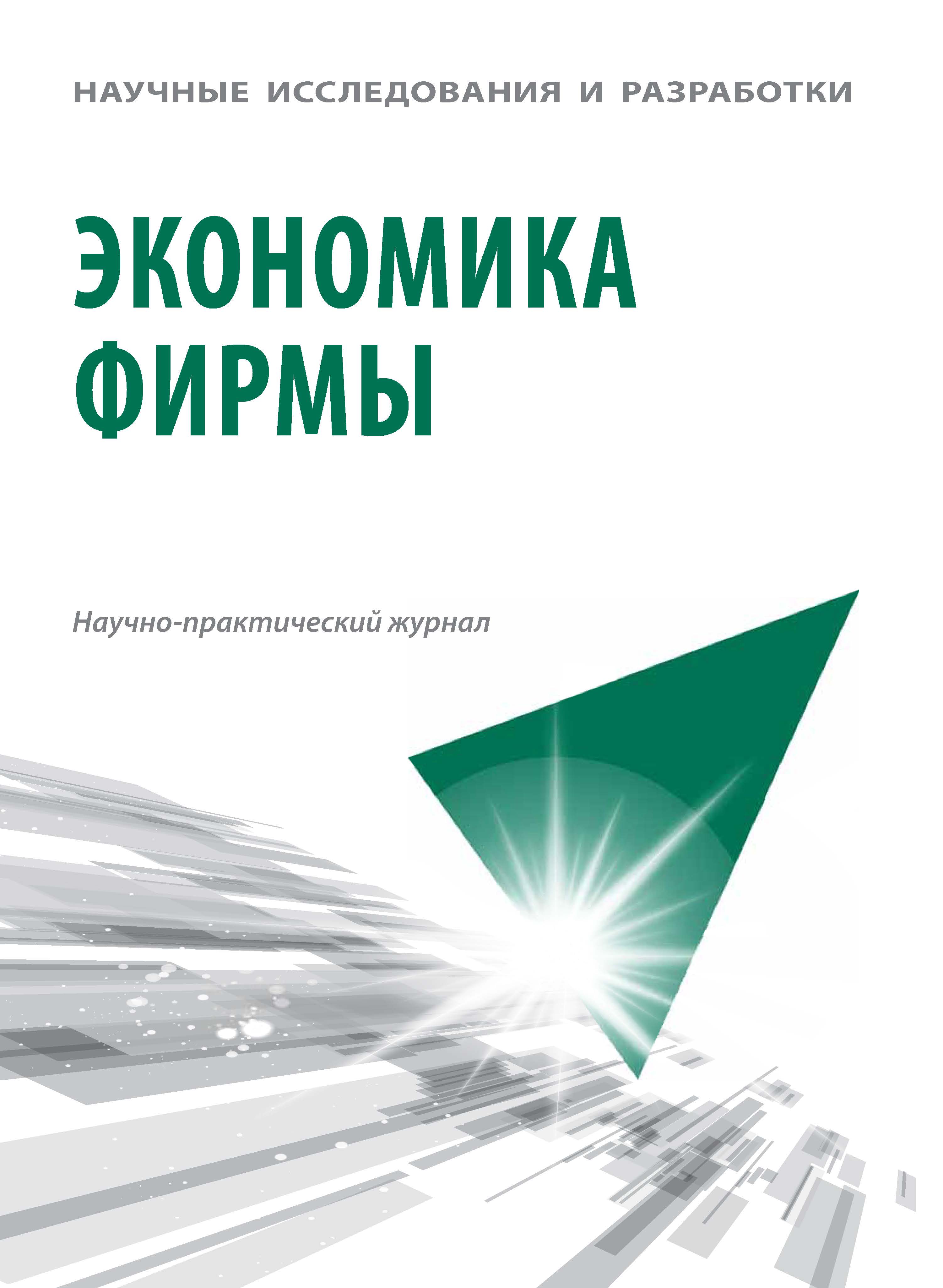The historically collective character of the capital of the joint-stock company developed in the direction of the growth of the number of joint-stock companies and the associated increase in the number of shareholders and the number of shares to be issued. In modern conditions, the possibilities for a quantitative increase in the size of the share capital have already exhausted themselves sufficiently. There are qualitative changes associated with the deepening of the collective character of such capital. On the one hand, there is the emergence of this type of minority shareholders, behind which in fact are hiding large funds of collective investment. On the other hand, this is expressed in the processes of internationalization of jointstock companies and their transformation into transnational companies, i.e. when the composition of shareholders becomes more and more international. The national share market of one and the same company is turning into a global market because these shares through the issue of depositary receipts are able to address the stock markets of any other countries of the world. Owners of depositary receipts, like collective investors, often fall into the category of minority shareholders due to the fact that they have small blocks of shares. The collective and international nature of minority shareholders is an objective basis for the need to protect the rights of such shareholders already at the legislative level.
stock company, share capital, transnational company (TNC), collective capital, development trends, depositary receipt, collective investment funds, minority shareholders.
Принципиальное отличие акционерного общества от любых иных частных форм существования капиталов в виде других коммерческих организаций заключается в высоком уровне коллективности функционирующего в нем капитала.
1. Galanov V.A. Ob"ektivnaya i sub"ektivnaya storony dividendnoy politiki kompanii [Objective and subjective aspects of the company’s dividend policy]. Nauchno-prakticheskiy zhurnal «Nauchnye issledovaniya i razrabotki. Ekonomika firmy» [Scientific and Practical Journal «Scientific Research and Development. The economy of the firm»]. 2013, I. 2. Pp. 58-63. EDN: https://elibrary.ru/QZQEDP
2. Galanov V.A. Sushchnost’ aktsii [The essence of the action]. Vestnik REU [Bulletin of the RGU]. Publ. 2014. I. 8 (74). EDN: https://elibrary.ru/RAOFGE
3. Galanov V.A. Al’ternativnye varianty razvitiya mirovogo khozyaystva [Alternative options for the development of the world economy]. Nauchno-analiticheskiy zhurnal «Nauka i praktika» Rossiyskogo ekonomicheskogo universiteta imeni G.V. Plekhanova [Scientific and Analytical Journal «Science and Practice» of the Russian Economic University named after G.V. Plekhanov]. 2015, I. 4 (20), Moscow, FBGOU VPO «REU im. G.V. Plekhanova» Publ. EDN: https://elibrary.ru/VLOZBH
4. Galanov V.A. Politekonomicheskiy aspekt roli Rossii v mezhdunarodnoy torgovle. Mezhdunarodnyy zhurnal «Mezhdunarodnaya torgovlya i torgovaya politika» [Political Economic Aspect of Russia’s Role in International Trade. International Journal of International Trade and Trade Policy]. 2016, I. 4, FGBOU VO «REU im. G.V. Plekhanova» Publ. EDN: https://elibrary.ru/XENXQF
5. Galanov V.A., Galanova A.V. Sushchnost’ aktsionernogo obshchestva [The essence of the joint-stock company]. Nauchno-prakticheskiy zhurnal «Nauchnye issledovaniya i razrabotki. Ekonomika firmy» [Scientific and Practical Journal «Scientific Research and Development. Economy of firm «]. 2017, INFRA-M Publ. DOI: https://doi.org/10.12737/24435; EDN: https://elibrary.ru/YGHURP
6. Garnov A.P., Topchiy V.A., Kiseleva K.A., Garnova A.A. Ponyatie mezhgosudarstvennoy integratsii: vidy i osobennosti [The concept of interstate integration: types and features]. Nauchno-prakticheskiy zhurnal «Nauchnye issledovaniya i razrabotki. Ekonomika firmy» [Scientific and Practical Journal «Scientific Research and Development. Economics of firm »]. 2017, I. 4(21), INFRA-M Publ. DOI: https://doi.org/10.12737/article_5a5730f479aef4.51254258; EDN: https://elibrary.ru/YMHUMK
7. Garnov A.P., Garnova V.Yu. Mekhanizmy razvitiya elektroenergetiki kak klyuchevye faktory obespecheniya energoeffektivnosti rossiyskoy ekonomiki [Mechanisms for the development of the electric power industry as key factors for ensuring the energy efficiency of the Russian economy]. Vestnik Rossiyskogo ekonomicheskogo universiteta im. G.V. Plekhanova [Vestnik of the Russian Economic University. G.V. Plekhanov]. 2017, I. 3 (93), pp. 90-99. EDN: https://elibrary.ru/YTBGIB
8. Garnov A.P., Garnova V.Yu. Klasterizatsiya ekonomiki: sposoby povysheniya effektivnosti gosudarstvennoy promyshlennoy politiki [Clusterization of the economy: ways to improve the efficiency of state industrial policy]. Vestnik Rossiyskogo ekonomicheskogo universiteta im. G.V. Plekhanova [Vestnik of the Russian Economic University. G.V. Plekhanov]. 2016, I. 6 (90), pp. 110-117. EDN: https://elibrary.ru/XDCCSV
9. Garnov A., Garnova V. Innovatsionnyy potentsial Rossii: problemy i perspektivy realizatsii [Innovation potential of Russia: problems and prospects for implementation]. RISK: Resursy, informatsiya, snabzhenie, konkurentsiya [RISK: Resources, information, supply, competition]. 2016, I. 1, pp. 92-97. EDN: https://elibrary.ru/VRCOVT
10. Garnov A.P., Garnova V.Yu. Modernizatsiya rossiyskoy ekonomiki. Vestnik Rossiyskogo ekonomicheskogo universiteta im. G.V. Plekhanova [Modernization of the Russian economy. Bulletin of the Russian Economic University. G.V. Plekhanov]. 2016, I. 3 (87), pp. 72-77. EDN: https://elibrary.ru/WBOTIP
11. Garnova V.Yu. Problemy investitsionnoy privlekatel’nosti promyshlennosti v regionakh Rossii [Problems of the investment attractiveness of industry in the regions of Russia]. Ekonomika firmy [The Economy of the Firm]. 2013, V. 2, I. 1. EDN: https://elibrary.ru/QBHMFN
12. Garnova V. Tekushchee sostoyanie i perspektivy razvitiya predprinimatel’skoy deyatel’nosti v Rossii [Current state and prospects of development of entrepreneurial activity in Russia]. RISK: Resursy, informatsiya, snabzhenie, konkurentsiya [RISK: Resources, information, supply, competition]. 2014, I. 1, pp. 217-223. EDN: https://elibrary.ru/SALMUN






